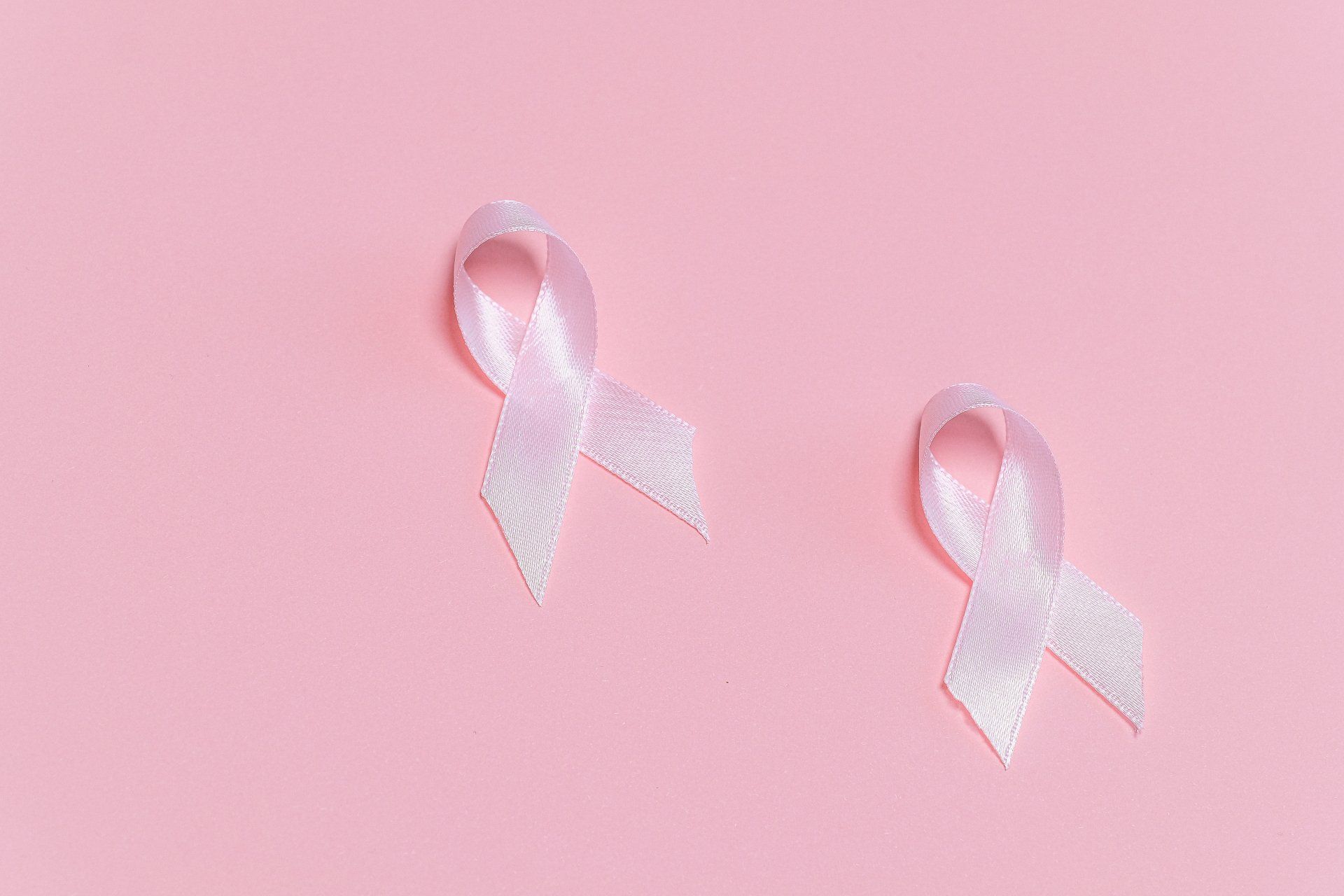Cannabis and Cancer Treatments
Exploring the Role of Cannabis in Complementary Cancer Care
Cancer is a formidable adversary that affects millions of lives worldwide. In the quest for effective treatments, researchers and patients alike have turned their attention to cannabis as a potential ally in the battle against cancer. In this comprehensive blog post, we delve into the complex relationship between cannabis and cancer treatments, examining the potential benefits, scientific evidence, and practical considerations surrounding its use. Join us as we explore the evolving landscape of cannabis in complementary cancer care and shed light on its potential as a therapeutic aid.
Unveiling the science behind cannabis and cancer reveals a complex interplay between cannabinoids and cancer cells. The endocannabinoid system, present in our bodies, plays a role in regulating processes that are associated with cancer development and progression. Research studies have explored the potential anti-cancer properties of cannabinoids, such as THC and CBD, showcasing their ability to inhibit tumor growth, induce apoptosis (cell death), and mitigate inflammation, paving the way for further investigations into their therapeutic potential in cancer treatment.
Cannabis holds potential benefits in cancer care, offering relief from various cancer-related symptoms and treatment side effects. It may help manage pain, alleviate chemotherapy-induced nausea and vomiting, stimulate appetite, and reduce fatigue. Additionally, cannabis has the potential to enhance overall well-being and improve quality of life for individuals undergoing cancer treatments.
Finding the right strains and products for cancer involves considering the specific needs and preferences of the individual. CBD-dominant strains may be suitable for individuals seeking therapeutic benefits without psychoactive effects, while THC-dominant strains could be helpful for managing symptoms and improving overall well-being. Additionally, exploring different consumption methods such as inhalation, oral administration, or topical application allows for tailoring the cannabis experience to address specific symptoms or treatment side effects.
Navigating legal and medical considerations for cannabis and cancer involves understanding the specific laws and regulations regarding cannabis in the region. It is important to stay informed about the legal status of cannabis and the availability of medical cannabis programs. Additionally, consulting with healthcare professionals who are knowledgeable about cannabis and cancer can provide valuable guidance on incorporating cannabis as a complementary treatment option, considering potential drug interactions, and ensuring overall safety and efficacy.
Integrating cannabis into a comprehensive cancer treatment plan involves a collaborative approach between the individual, healthcare professionals, and complementary therapies. By considering the specific cancer type, treatment stage, and personal preferences, cannabis can be tailored to address symptoms and side effects. This integration should involve open communication, shared decision-making, and careful coordination with healthcare providers to ensure optimal safety, effectiveness, and overall well-being.
As the world of cancer treatments continues to evolve, cannabis emerges as a promising avenue in complementary care. By unraveling the scientific connections between cannabis and cancer, we've shed light on its potential benefits, empowering individuals to make informed decisions regarding their treatment journey. Remember, it is essential to work closely with healthcare professionals, stay informed about local regulations, and conduct thorough research before integrating cannabis into a cancer treatment plan. Together, we navigate the path towards improved quality of life and holistic cancer care with cannabis as a potential therapeutic ally.
SHARE:
Disclaimer: The information provided in this article is for educational purposes only. The content is not intended to be a substitute for professional medical advice, diagnosis, or treatment. Always seek the advice of your physician or other qualified healthcare provider with any questions you may have regarding a medical condition. The use of cannabis, including smoking, may have potential health risks and may not be suitable for everyone. It is essential to understand and abide by the laws in your country or state regarding cannabis use. The author and publisher of this article are not responsible for any adverse effects or consequences that may result from the use of the information presented in this article. This blog is sponsored by
Fresh Mint.












